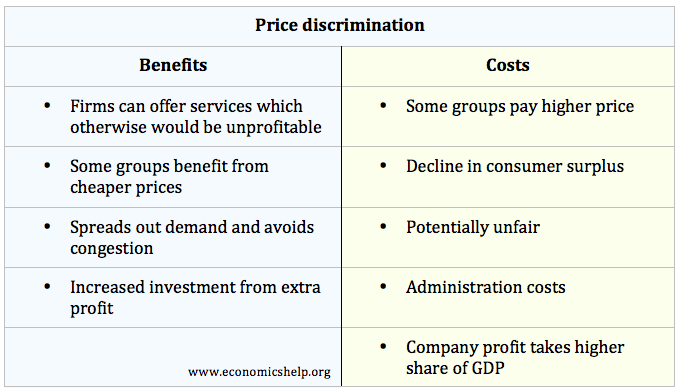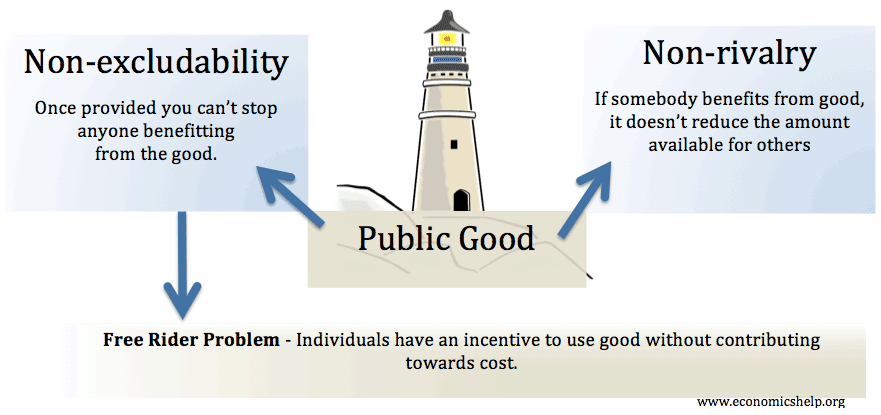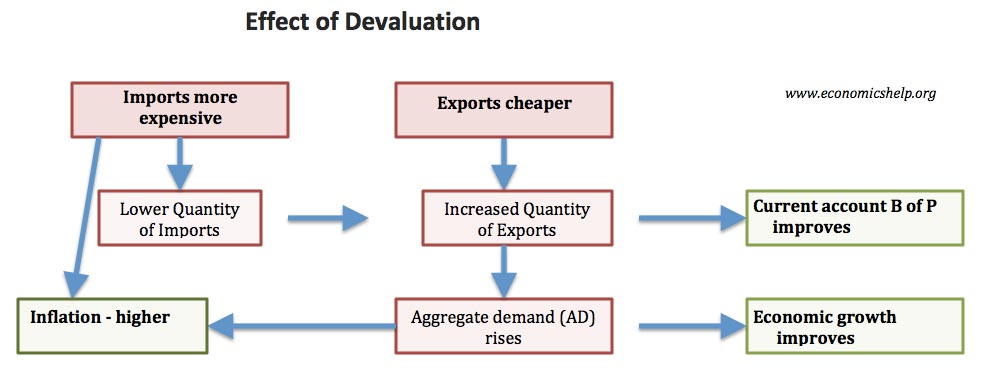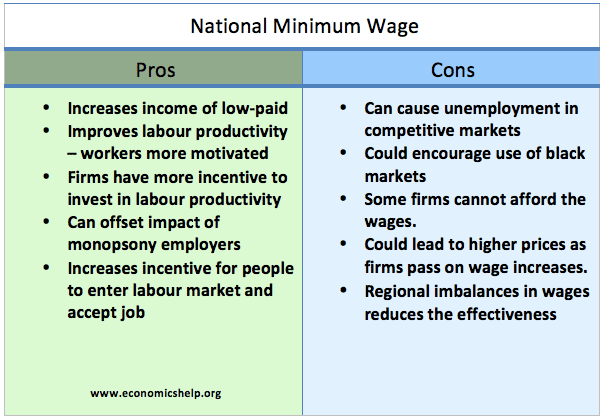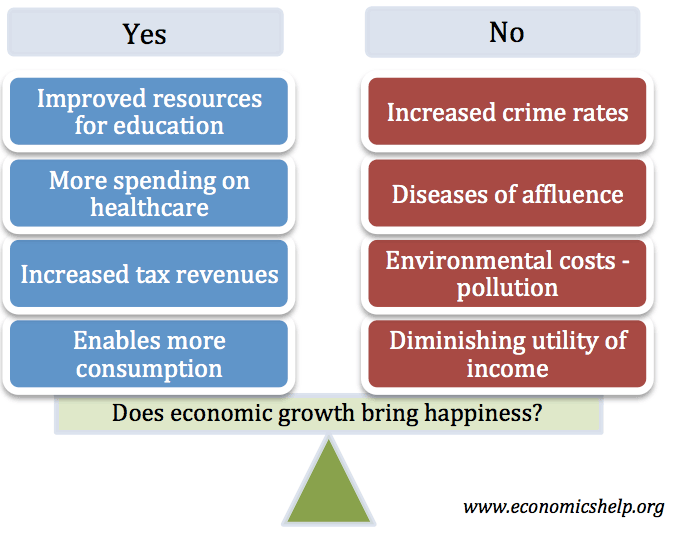Price Discrimination
Definition – Price discrimination involves charging a different price to different groups of people for the same good. For example – student discounts, off peak fares cheaper than peak fares. Different Types of Price Discrimination 1. First Degree Price Discrimination This involves charging consumers the maximum price that they are willing to pay. There will …

